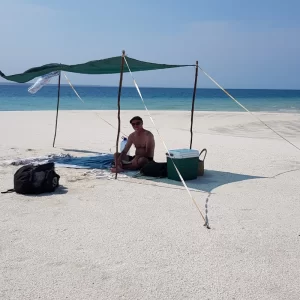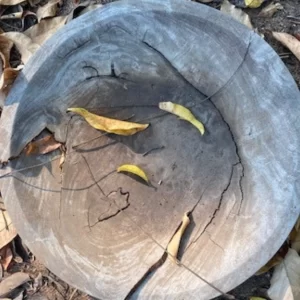Why I teach Mindfulness
“Those who can do, those who can’t teach” was a phrase coined by fellow Irishman, playwright George Bernard Shaw. For those who have never seen this quote, he meant that if you chose a profession and weren’t very good at it, you then became a teacher and taught about the subject instead. So a failed economist, for example, would go and teach economy, or a carpenter who wasn’t very good would go and teach woodwork.
I used to think that it was an insightful comment. I had visions of all my former schoolteachers not being able to find jobs in their chosen fields and, instead, resorting to teaching about them. Ha bloody ha, Gerry.
Why I don't agree with George Bernard Shaw
Now that I’m teaching myself, does Bernard’s phrase apply to me then, I thought to myself as I went for a beach walk this morning? Looking at my teaching experience to date, I simply cannot agree with his comment. Here’s why….
Centre for Mindfulness Research and Practice Bangor University, United Kingdom
When I started my studies in mindfulness at Bangor University in 2018, I had no intention in taking a teaching route. I enrolled in a three-year masters to deepen my knowledge of mindfulness and then – well, I’m not sure what the “and then” would be.
Drawn to Teaching
But I was constantly drawn to the teaching element, especially when I realized how deeply the Buddhist psychology behind the teaching programmes were connected to my own meditation practice and life. This was life and all the suffering and anxiety we cause ourselves simply by how we think. This was life and how we can live it in its “full catastrophe”. And it was also life and how to live it in all its messy joyfulness.
And I thought – if this practice works for me, how cool it would be to help others along the way. I felt a deep sense of how important it is for people to at least give mindfulness meditation a try. And if we really want to live our lives more mindfully, then it can make a difference. So, I decided to study for a Masters in Mindfulness Teaching.
All the above thoughts have been further strengthened in the teaching that I have done so far.
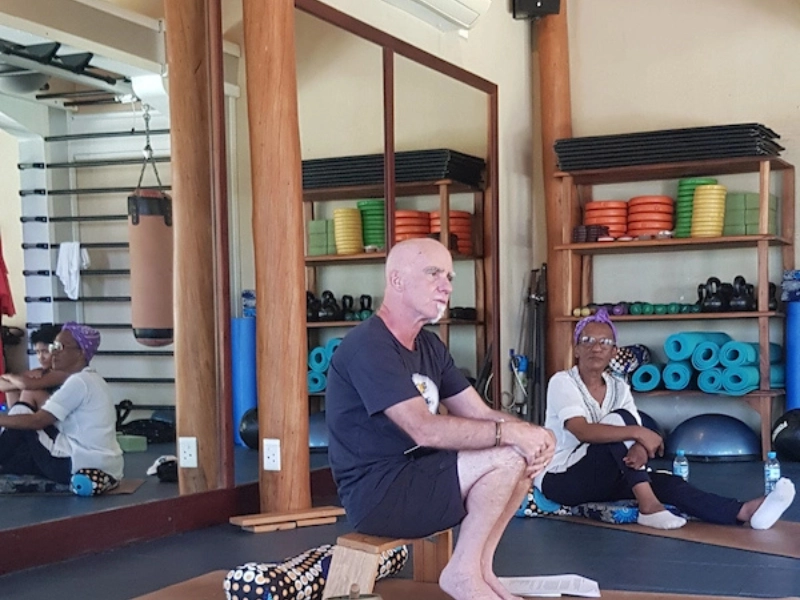
Mindfulness for kids, workshops & retreats
Whether it’s a teaching programme, mindful mentoring, teaching kids here locally, or leading a workshop or retreat, I have truly been humbled by the learnings that I have seen. This is how powerful the teachings can be.
More importantly, I cannot teach mindful meditation without fully embodying the teachings themselves.
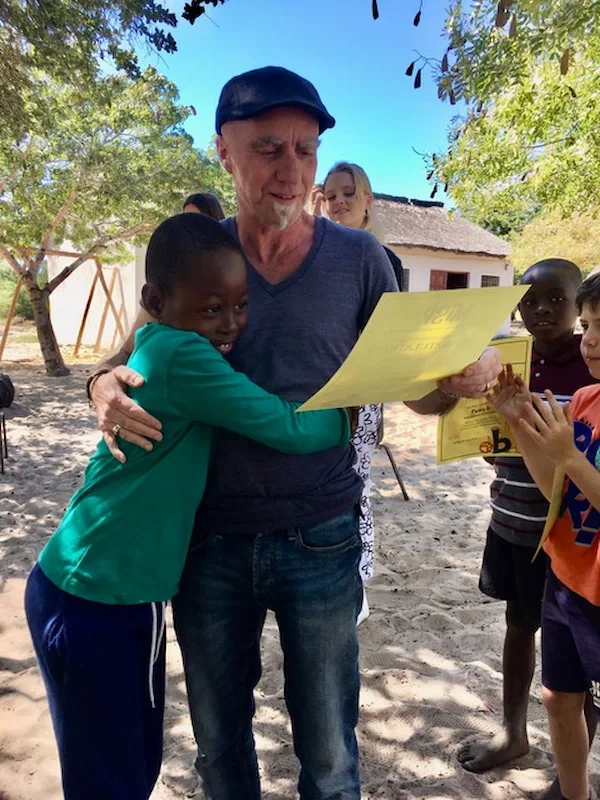
Mindful teaching and teaching Mindfulness
Teaching mindfulness is not just about reading about a subject and then heading out into the world to teach from a knowledge that is purely academic. The teaching has also to come from a deep, lived-in, personal experience of the subject. And being guided on embodiment was a huge part of my studies in Bangor, for which I am truly grateful.
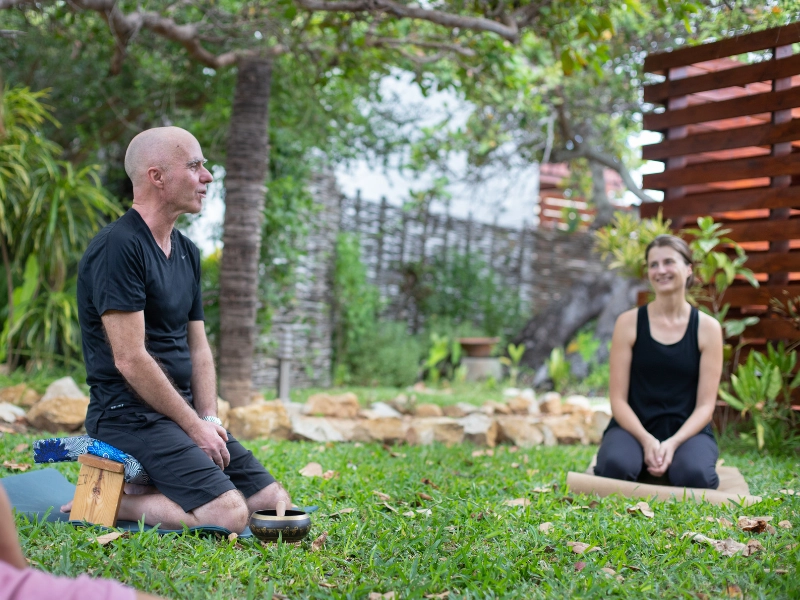
Teaching from my own practice
This is also a path, a simultaneous learning path with those who come to me to learn. It’s an organic process of simultaneously teaching others and learning about myself through my practice and my life. After all, how can I teach about suffering and how to deal with it if I haven’t experienced suffering myself? For this is what these practices are all about – a constant voyage of wondrous discovery.
You can’t teach without knowledge. But knowledge doesn’t just come from books – it also comes from a deep embodiment of my practice and from all the wonderful teachers that I have had in the past and in the present.
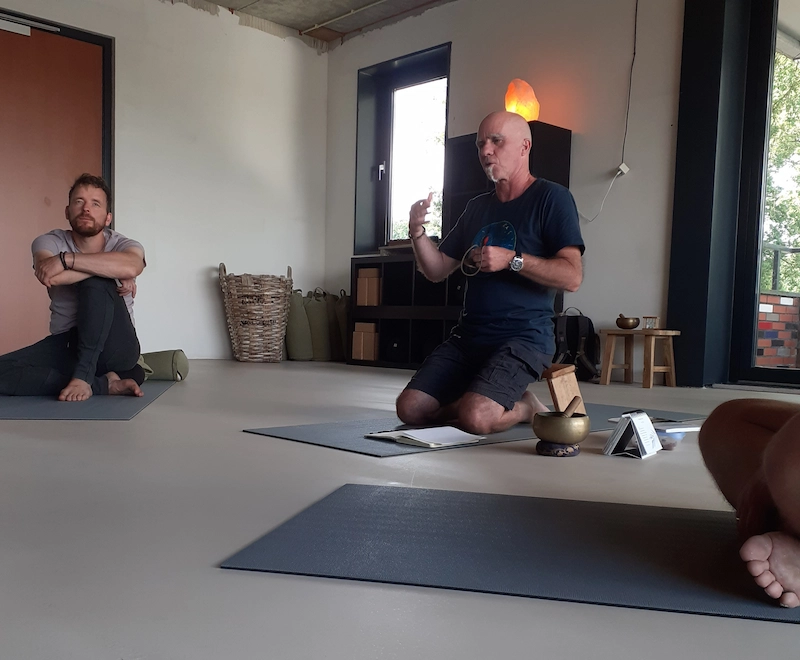
Teachers, guides and Masters
So I salute past and current teachers, guides and masters; I salute authors, teaching participants and everyone and everything who has contributed towards this path.
And I salute the practice itself, which teaches me every day.
To paraphrase Goerge Bernard Shaw then; I teach because I can. Because I must. Because these teachings are gifts that I am privileged to be able to pass on to others.
How dare you George Bernard.


